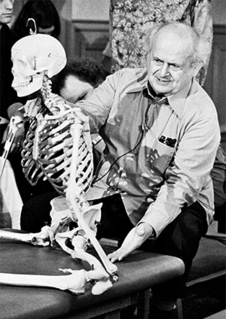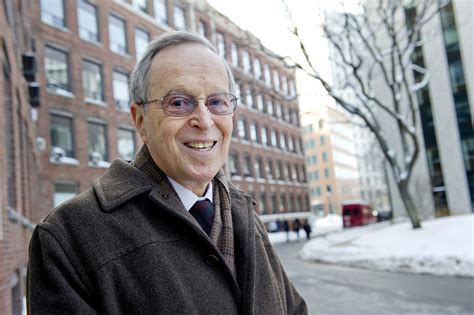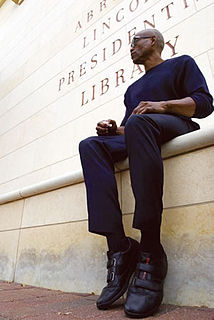A Quote by Oliver Sacks
Much more of the brain is devoted to movement than to language. Language is only a little thing sitting on top of this huge ocean of movement.
Related Quotes
In less than a century we experienced great movement. The youth movement! The labor movement! The civil rights movement! The peace movement! The solidarity movement! The women's movement! The disability movement! The disarmament movement! The gay rights movement! The environmental movement! Movement! Transformation! Is there any reason to believe we are done?
The movement of the waves, of winds, of the earth is ever in the same lasting harmony. We do not stand on the beach and inquire of the ocean what was its movement of the past and what will be its movement of the future. We realize that the movement peculiar to its nature is eternal to its nature. The dancer of the future will be one whose body and soul have grown so harmoniously together that the natural language of that soul will have become the movement of the body.
In the States, the movement's actually gotten much much much stronger. There really was no climate movement so to speak before that - I think because everybody assumed that reasonable heads would prevail and do the right thing - and why would you need to have a huge movement in order to cause our leaders to deal with the most serious problem that they face. In a rational world you wouldn't. They would deal with it.
A language possesses utility only insofar as it can construct conventional boundaries. A language of no boundaries is no language at all, and thus the mystic who tries to speak logically and formally of unity consciousness is doomed to sound very paradoxical or contradictory. The problem is that the structure of any language cannot grasp the nature of unity consciousness, any more than a fork could grasp the ocean.
The gay rights movement of recent years has been an inspiring victory for humanity and it is in the tradition of the civil rights movement when I was a young boy in the South, the women's suffrage movement when my mother was a young woman in Tennessee, the abolition movement much farther back, and the anti-apartheid movement when I was in the House of Representatives. All of these movements have one thing in common: the opposition to progress was rooted in an outdated understanding of morality.
Language [can] be expressed . . . by movements of the hands and face just as well as by the small, sound-generating movements of the throat and mouth. Then the first criterion for language that I had learned as a student—it is spoken and heard—was wrong; and, more important, language did not depend on our ability to speak and hear but must be a more abstract capacity of the brain. It was the brain that had language, and if that capacity was blocked in one channel, it would emerge through another.
The body is a reservoir of all sorts of tensions and dark forces. And it's also the potential source of amazing energy. This thing wants to live. It is a powerful engine. The brain (is) a reservoir of images, dreams, fears, associations, language. And its potential we can't even begin to understand. Movement begins to negotiate the distance between the brain and the body and it can be surprising what we learn about each other.
People that are much younger in areas that are much more, kind of, disenfranchised, I guess, as far as the gay movement goes, they still have a language that they've discovered around things. And they have a vocabulary to use, and they have a way to express themselves even when they're not accepted.
One way to think about what psychedelics are is as catalysts for language development. They literally force the evolution of language. You cannot evolve faster than your language because the language defines the culture of meaning. So if there's a way to accelerate the evolution of language then this is real consciousness expansion and it's a permanent thing. The great legacies of the 60's are in attitudes and language. It boils down to doing your own thing, feeling the vibe, ego-trip, blowing your mind.





































